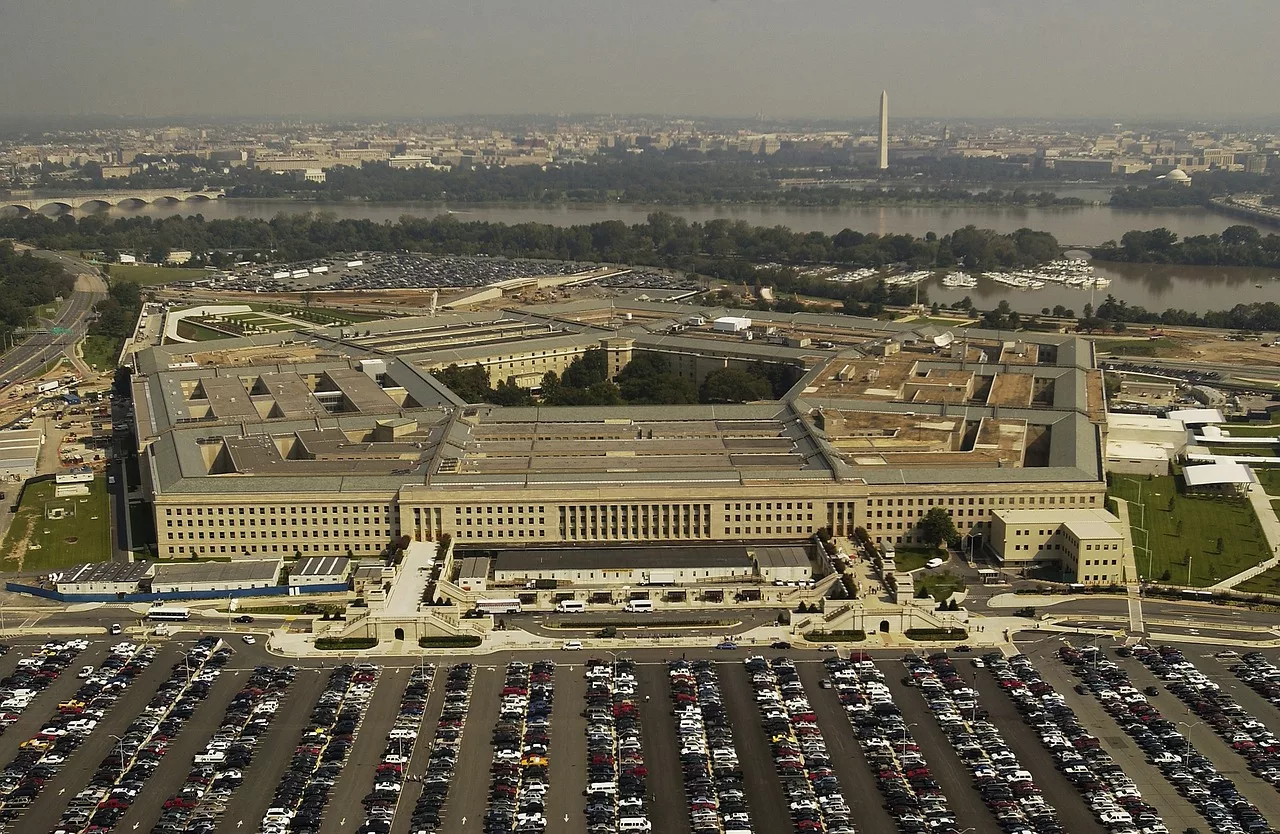The picture painted for us is one of a Space Age with aggressive celestial neighbors, requiring us to rally our resources to the tune of billions, if not trillions, of dollars in a bid to protect our species.
Let me begin by pointing out the profound irony in our species’ fear of extraterrestrial life. It would be mildly amusing if it wasn’t for the fact that the hallowed halls of our national security institutions echo this sentiment, their serious countenances lending credence to a concept that borders on the absurd.
It is of no small consequence that the financial beneficiaries of this extravagant charade are the very same defense companies and national security groups that have perpetuated a state of perpetual war and profited from terrestrial conflict for decades. It is no stretch to perceive that these same companies are salivating at the prospect of a new, boundless arena for their warmongering appetites. The prospect of conflict among the stars serves not only to shift the narrative from earthly transgressions, but to replenish the coffer that fuels their insatiable quest for power.
Indeed, we have but to glance at the annals of science fiction to see that our anxieties are often misplaced. We tremble at the thought of alien invasions, of extraterrestrial forces that could wield technology so advanced that our own advancements seem like the playthings of children. Yet, if we dare to scrutinize this fear under the bright light of reason, its supposed solidity begins to evaporate like the morning mist.
Consider the seductive allure of this narrative: the ultimate ‘us versus them’ story, with ‘them’ being an as-yet-undiscovered, potentially hostile, interstellar civilization. We’ve had our fill of fearmongering on a global scale, from Communists lurking under our beds to the existential dread of terror cells. Now, we are to gaze up in fear, contemplating the apparently imminent cosmic belligerence.
The proponents of the “alien threat” hypothesis often argue that these extraterrestrial forces might simply be observing us, waiting for the right time to strike. But this again collapses under its own weight. If they are so advanced, would they need such a lengthy reconnaissance? And even if this were true, why would they choose aggression when peaceful exploration, cultural exchange, or even indifference could be just as likely scenarios?
This fear we harbor is not grounded in logic but in our collective consciousness. It is a reflection of our own belligerent history, our wars, our atrocities – in essence, our own inhumanity. We fear extraterrestrials because we fear what we do not understand, and what we often do not understand, we anthropomorphize, projecting our own failings and aggressions upon.
Consider for a moment, if you will, the sheer amount of technological prowess required for an alien civilization to breach the cosmic chasm and cross the interstellar void to our little blue dot. It would be a civilization that has mastered not just the physical sciences but also the art of sustaining themselves across the vast expanses of space and time.
Now, if these alien visitors harbored nefarious intentions, why would we still be here? With such a technological leap, if they indeed wanted us gone, would we not have already faced our ultimate demise? The fact that we still stand here, safely ensconced on our spinning globe, is evidence in and of itself that no such threat exists, or if it does, it is a threat of such incompetence that we have nothing to fear.
Let’s not allow the specter of misplaced fear to cast a long shadow over the beauty and the potential that lies in extraterrestrial contact. Instead, let’s welcome the possibility of meeting beings that have transcended their own primal fears, beings that have achieved levels of technology that we can only dream of, not because they pose a threat, but because they might just hold the keys to our own betterment.
After all, if we do get to meet extraterrestrial life, it won’t be a confirmation of our fears but a testament to our survival and a possible gateway to unimaginable discoveries. And should they pose a threat, I posit that we would be dealing with an opponent so advanced that the outcome would have been predestined. But we’re still here, aren’t we?
Perhaps our national security machinery would do well to shift their focus from threats beyond the stars to the all too real and present dangers that plague our world today. Aliens, if they are out there and if they are observing us, might just be waiting for us to mature beyond our own self-destructive tendencies before extending a hand in cosmic comradeship.
